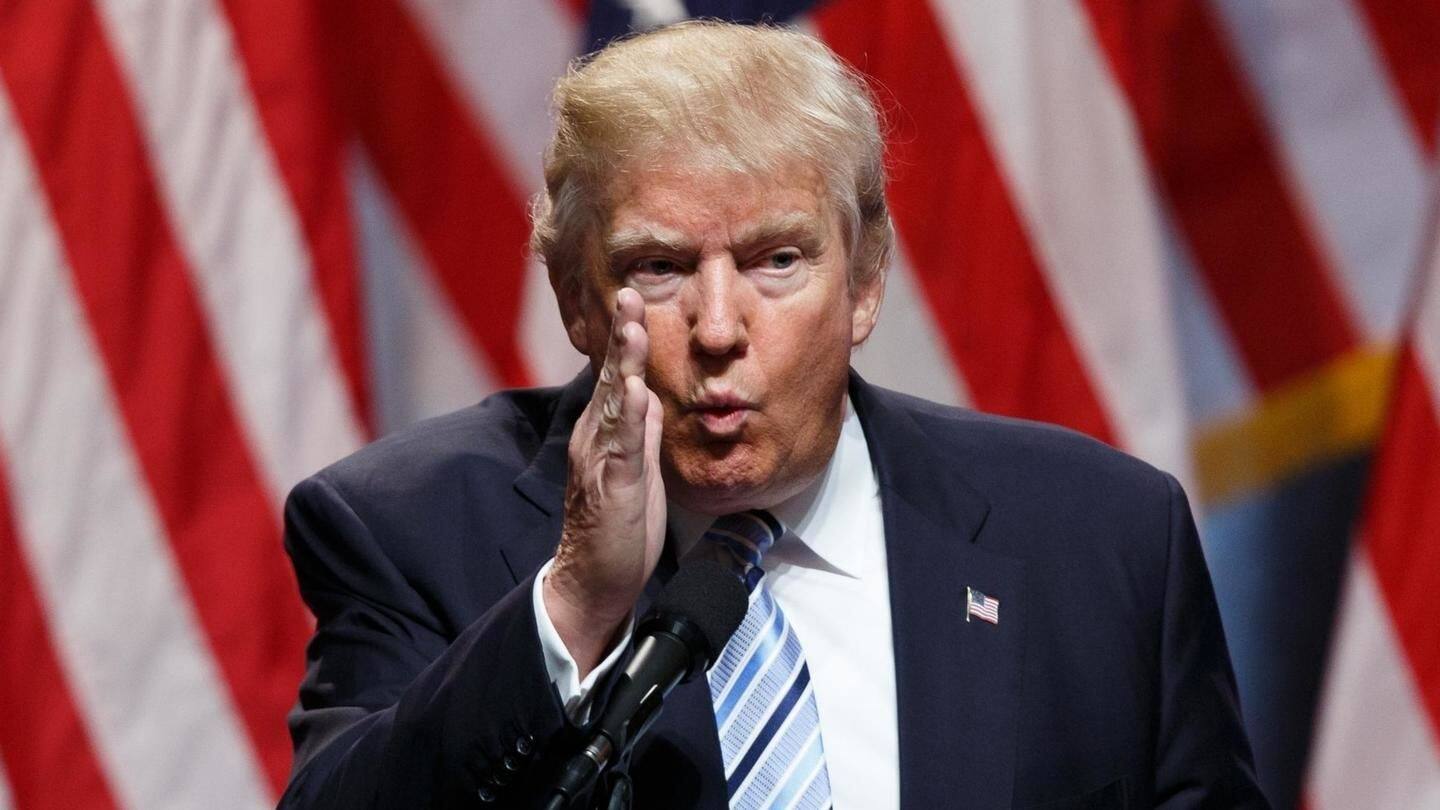
Trump defends his decision to help Chinese telecom giant ZTE
What's the story
US President Donald Trump today defended his decision to offer an olive branch to Chinese telecom equipment maker ZTE. Last month, Trump's administration had banned ZTE from purchasing US components. However, China has consistently insisted the US Commerce Department lift the ban. His comments came ahead of the anticipated arrival of Xi Jinping's top economic adviser, Liu He, for trade negotiations in Washington.
Quote
ZTE buys individual parts from US; reflects larger trade deal
"ZTE, the large Chinese phone company, buys a big percentage of individual parts from US companies. This is also reflective of the larger trade deal we are negotiating with China and my personal relationship with President Xi," Trump said in a tweet.
Laws and regulations
Look into ZTE issue with applicable laws and regulations: Trump
White House Press Secretary Raj Shah said Trump has asked Commerce Secretary Wilbur Ross to look into ZTE issue, consistent with applicable laws and regulations. "This is part of a very complex relationship between US and China that involves economic issues, national security issues and the like. It's an issue of high concern for China that's been raised with the US government," he said.
Information
Anti-China hardliners slammed Trump's decision
Trump's decision was criticized by anti-China hardliners in the US, saying the President is getting soft on China in the middle of trade negotiations. However, the White House strongly refuted allegations that Trump was giving any kind of "concession" to the Chinese companies.
Unemployment rate
US has lowest unemployment rate since 2000
Shah responded to a question on "How does President Trump's statement that too many Chinese jobs are at risk square with his campaign promise that China is stealing American jobs?" He replied, "I don't think this has frankly any bearing on the President's campaign promises. The President has overseen an economy in which we have the lowest unemployment rate since 2000. It's at 3.9%."
Quote
Trump introduced $150bn tariffs on China
"With respect to trade with China, he's (Trump's) been tough. He introduced and proposed or rather up to $150bn of tariffs on China for intellectual property theft, dumping in a range of inimical Chinese economic action," Shah added.